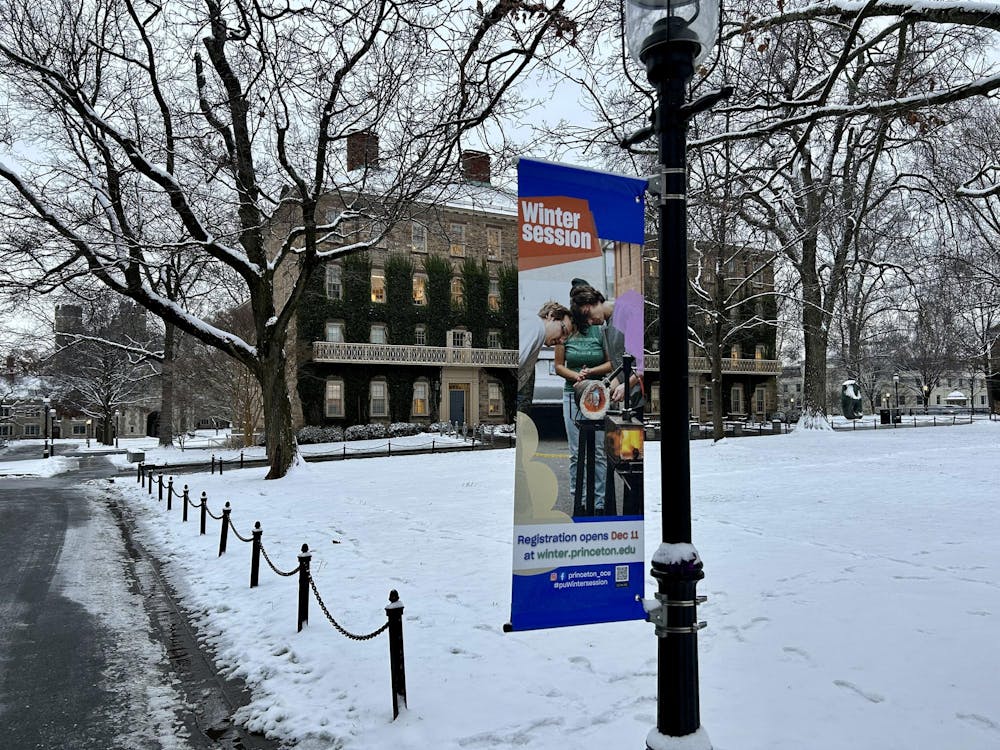Saturday, Feb. 24 is the University’s annual Alumni Day, where alumni gather to reconnect, go to lectures, and receive awards. Among the awards given is the James Madison Medal, given to an alumnus who achieved a distinguished career in public service or advanced graduate education. Last year's recipient was Pedro Pablo Kuczynski ’61, current president of Peru. Since receiving the award, however, Kuczynski has experienced a fall from grace.
Kuczynski received media attention in December 2017 for narrowly avoiding impeachment. His controversy appeared to begin with dealings Kuczynski had with Odebrecht, a Brazilian construction giant at the center of several corruption scandals across Latin America. These scandals resulted in the arrest of the vice president of Ecuador as well as other investigations taking place in Venezuela and Colombia.
The charges set against Kuczynski claimed that he had improperly received $782,000 from Odebrecht through a firm that he owned, Westfield Capital, based in Miami. Kuczynski admitted to receiving the money, but claimed he did nothing wrong. He claimed that he had not violated any laws and that the money he received was not a bribe.
Kuczynski appeared before Congress on Dec. 21 to make his case. According to the New York Times, “A two-thirds majority — or 87 of 130 votes — was needed to remove Mr. Kuczynski. After his testimony, Mr. Kuczynski left the chambers, and lawmakers debated his future over several hours. Lawmakers finally voted 78 to 19 in favor of the motion, with a number either abstaining or not present.”
The result of the vote, which allowed Kuczynski to narrowly avoid impeachment, was largely attributed to a faction of the right-wing party that swung the vote in Kuczynski’s favor. This faction was founded by the daughter of the former authoritarian leader of Peru, Alberto Fujimori, who is currently in jail. During the vote, details of the petition for a presidential pardon for Fujimori were leaked. This led many legislators to speculate that Kuczynski made a deal with the right-wing party to pardon Fujimori in exchange for keeping him in office. Kuczynski’s party denied these claims.
“The political landscape in Peru is really fluid, and that’s part of what we’re dealing with,” said University history professor Jeremy Adelman, who specializes in Latin American studies. “There are really weak structures, and coalitions are forming.”
Seemingly confirming suspicions three days later, Kuczynski offered Fujimori a presidential pardon, outraging thousands of Peruvians who took to the streets to protest. Kuczynski responded, appealing to Peruvians to “turn the page” and accept the decision.
Fujimori released a Facebook video from a hospital bed, vowing to support Kuczynski’s call for reconciliation and offering his first explicit apology to Peru.
“I’m aware the results of my government were well received by some, but I acknowledge I also disappointed other compatriots,” said Fujimori in the video. “And to them, I ask for forgiveness from the bottom of my heart.”
He was originally spending a 25-year prison sentence for authorizing a death squad against Maoist rebels, which killed 25 people. According to the Guardian, his conviction was considered “a landmark ruling for human rights cases in Latin America.”
The Madison Medal was established by the Association of Princeton Graduate Alumni. It is named for the fourth president of the United States who is considered to be the University’s first graduate student.
This year’s Madison Medal Recipient will be author and critic Daniel Mendelsohn ’94. Mendelsohn himself will give an address.

Professor Steven Levitsky, who specializes in Latin American politics at Harvard University, declined to comment. Kuczynski’s former foreign minister Ricardo Luna ’62 did not respond to request for comment.







